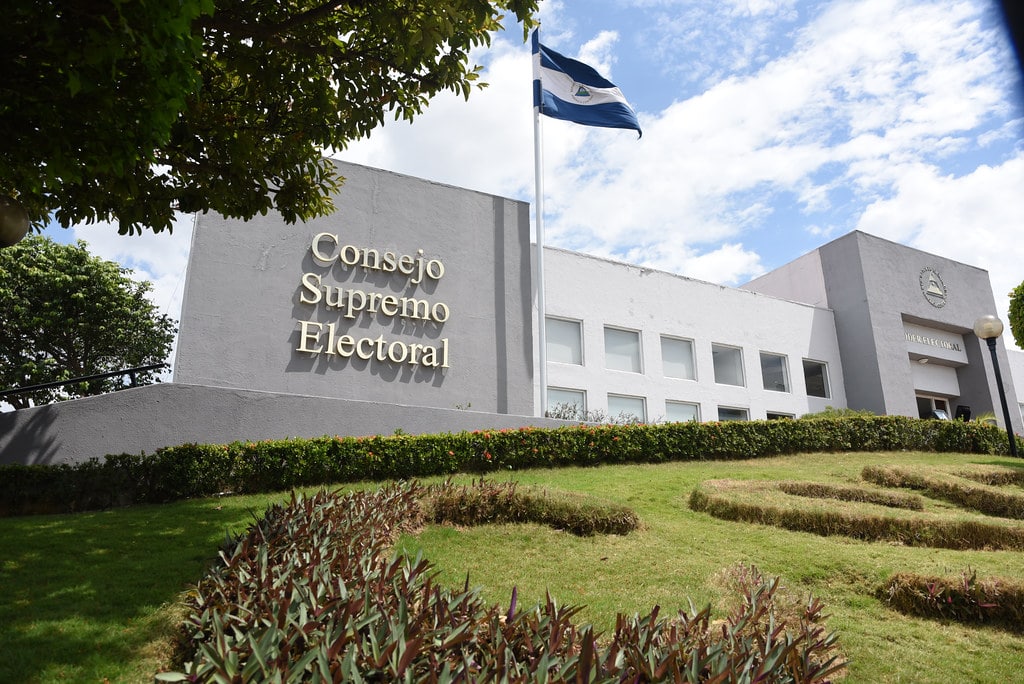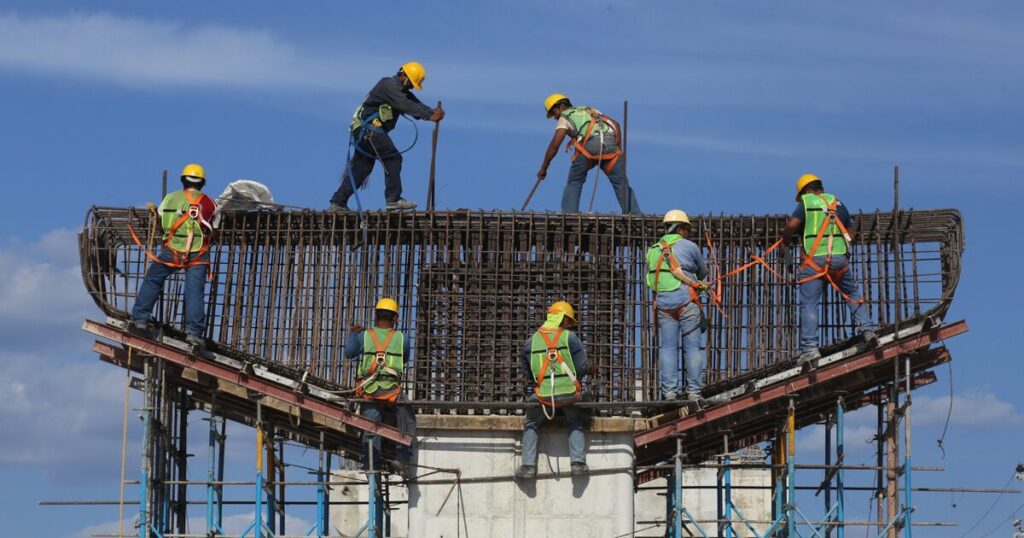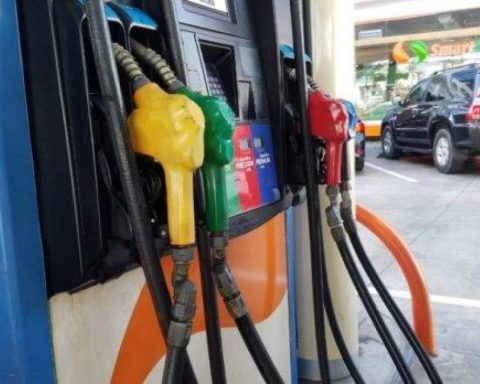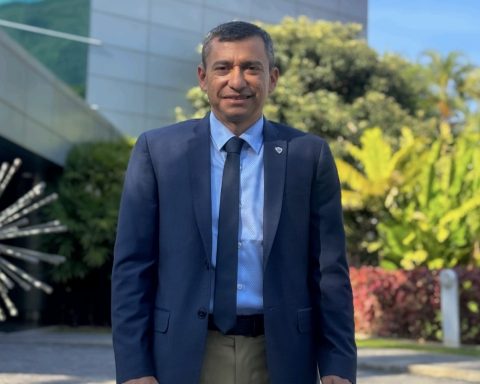The deputies of the National Assembly, with a Sandinista majority, approved this Thursday a reform to Law 331 or Electoral Law, with which they establish an express electoral process, with fewer Vote Receiving Boards (JRV), a 20-day electoral campaign and Electoral Councils formed in just five days.
The changes to the Electoral Law, proposed by the Sandinista Front bench in the National Assembly, establish “greater control over the electoral process, limit citizen oversight and contradict the recommendations” of civil society and international organizations, warned the Urnas observatory. open. However, they were approved without objection.
The reform, which was only consulted with Justice Brenda Rocha, president of the Supreme Electoral Council (CSE), and representatives of the political parties that participated in the past votes, suggests change articles 16,21, 22, 70, 74, 85, 105, 148 and 158 of the Electoral Law”.
For Open Ballot Boxes “none” of the changes made suggest “substantive reforms” that contribute to improving transparency or the general integrity of the electoral system, “such as the departidization of the intermediate instances of electoral administration, are not reforms that allow independent electoral observation.”
During the 2021 general elections, Urnas Abiertas was the only civil society organization that was able to observe the voting, despite the Daniel Ortega regime’s rejection of all electoral observation bodies. For this reason, the organization reiterated that “Nicaragua needs a credible, comprehensive and legitimate electoral process,” but “the conditions to have such a process go through recovering the fundamental freedoms” of Nicaraguans.
Decrease time “is not priority”
In the amendment to article 16, reduce from fifteen to five days, the time established for political parties to present short lists for the Departmental Electoral Councils (CED), Municipal Electoral Councils (CEM) and Regional Electoral Councils (CER). Which, in the opinion of Urnas Abiertas, “avoids citizen oversight” due to the speed with which it is intended to be carried out.
“The reform indicates that if the parties do not present the shortlist in the stipulated time, the Supreme Electoral Council will be able to appoint them ex officio. This reduction in time limits the opposition self-appointed political parties and benefits the ruling party, which controls the CSE, since it increasingly prevents the possibility that those who make up the Councils or the electoral tables are neutral or independent and, rather, it increases party control over the entire electoral process,” says the organization’s analysis.
For Open Ballot Boxes, at this point what is needed is to prevent the functions of the CED, CEM or CER from being “usurped by political secretaries, mayors or other operators of the Sandinista National Liberation Front (FSLN), as happened in the presidential elections. ”; make the election of these officials more transparent and “not accept members with false memberships that usurp the identity of other party organizations.”
Reduction of the electoral campaign
Another change made in article 74 was the reduction of the electoral campaign period from 42 to 20 days, in the case of municipal votes, and 30 days for presidential elections, on which no justification is proposed and no transparent information is provided.
“The reduction of the electoral campaign, in a process under normal conditions, could restrict citizens from knowing the government plan, the profiles of the candidates, the political, social and economic programs proposed by the future local authorities and the search for the popular vote”, explained the organization.
However, for four years Nicaragua has been immersed in a deep socio-political crisis, so this electoral reform “once again limits the possibility of public demonstration, a right that was already limited last year by the powers granted to it.” they gave the National Police the power to authorize or not permits for party activities,” Urnas Abiertas specified.
Deputies only see cost reduction
The opinion of the Special Commission of Constitutional Character —which was created last Tuesday to analyze the reform initiative— indicated that “it is necessary to adapt the technical-administrative organization of electoral processes”, and that this reform “will speed up the administrative operation of the Vote Receiving Boards”by reducing them.
The legislators also agreed with “the simplification of the duration of the electoral campaign to be in accordance with modern legislation, which also means a measure consistent with the preservation of the environment as it implies less use of physical propaganda that generates great amount of waste”, says the opinion.
In addition, the electoral reform “will allow the State of Nicaragua and the political parties to reduce the costs of operation and organization during the electoral processes in general,” the opinion underlines.
They confirm low levels of participation
The reform also increased the number of voters for each Voting Center, going from 400 to 600 voters per Vote Receiving Board (JRV). Measure that, in other democracies, is taken when they exist high levels of abstentionism.
“From our criteria, this reform confirms what we recorded in 2021, together with other citizen networks, 8 out of 10 Nicaraguans eligible to vote stayed at home,” Urnas Abiertas emphasized.
On the other hand, the organization recalled that in order to achieve a legitimate, integral and credible electoral process, adequate democratic conditions are needed, “a unilateral reform will not resolve the serious political, institutional and human rights crisis that Nicaragua is going through,” it concluded.

















